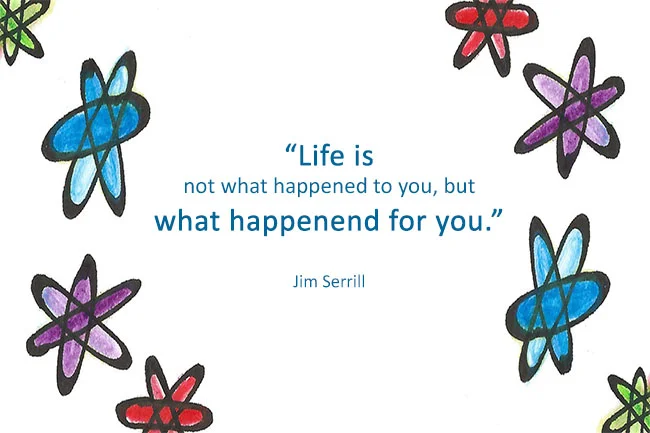I was asked recently what three character traits that have contributed most to my success have been strategic thinking, a sense of urgency, and positivity.
Strategic Thinking: I can see around strategic corners and find ways to maximize or improve anything we are attempting to do. This was well illustrated recently by a rebranding exercise I led for one of our business groups. We were all in agreement that the current way we talked about and positioned the business offering was slowing down adoption, but it wasn’t clear the path forward. Through facilitated discussions, we arrived at a common view of a new for a new business name. I called it giving the business a “handle” that was easier to pick up and carry and share. This led us to a structured naming exercise that resulted in a new brand approach, well received by our stakeholders. I was able to facilitate this by asking questions and broadening the view of the group to the range of challenges we were facing and how best to optimize our outcomes.
Sense of Urgency: I am not naturally patient person, which is something I am working on. But in a business context, I think this “fire in the belly” has helped me set the pace for our teams, pushed teams to experiment more (with incomplete or imperfect information so that we can learn faster), and helped shape the industries of which I have been a part. I served for several years for the Avixa board of directors on their Leadership Search Committee. This trade and industry association, like the industry it serves, has been predominantly male for a many decades. There was a lot of energy about getting more gender, racial, and experiential diversity on the board, but the question was often one of timing. Is this the year to put forward this female candidate over her male counterpart? Together with others on the board (both women and men, I am proud to say), the sense of urgency was contagious and we started making changes. I recently saw a picture of the ribbon cutting ceremony for Avixa’s largest trade show of the year and among the board members holding big scissors were as many women as men and the pipeline for chairman of the board now include several women. Truly, this is a career highlight for me. This is how a sense of urgency can lead to long-term change.
Positivity: I am not always happy (as my teenage children will attest), but I am always hopeful. I can see the silver lining in the clouds on my best days, I can be an encouragement to others who might focus on problems so much that they can’t see possibilities. I recently was talking to someone who experienced a disappointing loss at work and after talking it through she saw it as a “making room for something better.” In business there is a lot of failure and loss. If not, you are doing it wrong and not experimenting enough or taking enough risks. How you deal with that failure and loss, personally and on teams, is critical to the resilience of the organization and how well you take care of customers over the long haul. I consider feedback a gift, even if it is hard to take, as we are all on a journey of growth.
This article is an excerpt of an article originally in Authority Magazine written by Ming Zhao.

































